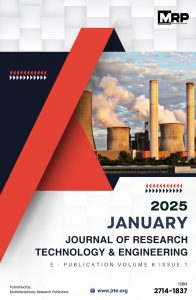Downloads
Given the extensive and widespread utilization of fossil fuels in various sectors, there is a pressing need to explore and develop novel alternative fuels in order to effectively address the increasing global energy demand. The finite nature of fossil fuel reserves has resulted in their rapid depletion, thus highlighting the need to explore sustainable alternatives. Additionally, the utilization of fossil fuels is associated with environmental issues such as the phenomenon of global warming, the release of detrimental emissions, and the instability of prices. Within this particular context, Waste Automotive Oil (WAO) presents itself as a potentially advantageous substitute fuel and additive, providing economically viable resolutions to the dual concerns of fuel requirements and waste management. This study aims to conduct a comparative analysis of the combustion characteristics of waste motor oil obtained from the wet air oxidation (WAO) process and conventional Light Diesel Oil (LDO). The utilization of waste motor oils as fuel was investigated in a cylindrical combustor equipped with a coil-over liquid oil burner under various operating conditions. The process of preheating waste automobile oil to a temperature of 90 °C inside the combustion chamber was found to be effective in reducing viscosity and improving compatibility with the properties of light diesel oil. In order to evaluate the fuel characteristics, a comprehensive examination of waste motor oils was carried out, following the guidelines set by the American Society for Testing and Materials (ASTM). This involved conducting both physical and chemical analyses.
Written by JRTE
ISSN
2714-1837
Our Visitors






 Users Today : 25
Users Today : 25 Total Users : 28908
Total Users : 28908 Views Today : 29
Views Today : 29 Total views : 81889
Total views : 81889 Who's Online : 0
Who's Online : 0 Your IP Address : 18.190.253.133
Your IP Address : 18.190.253.133

